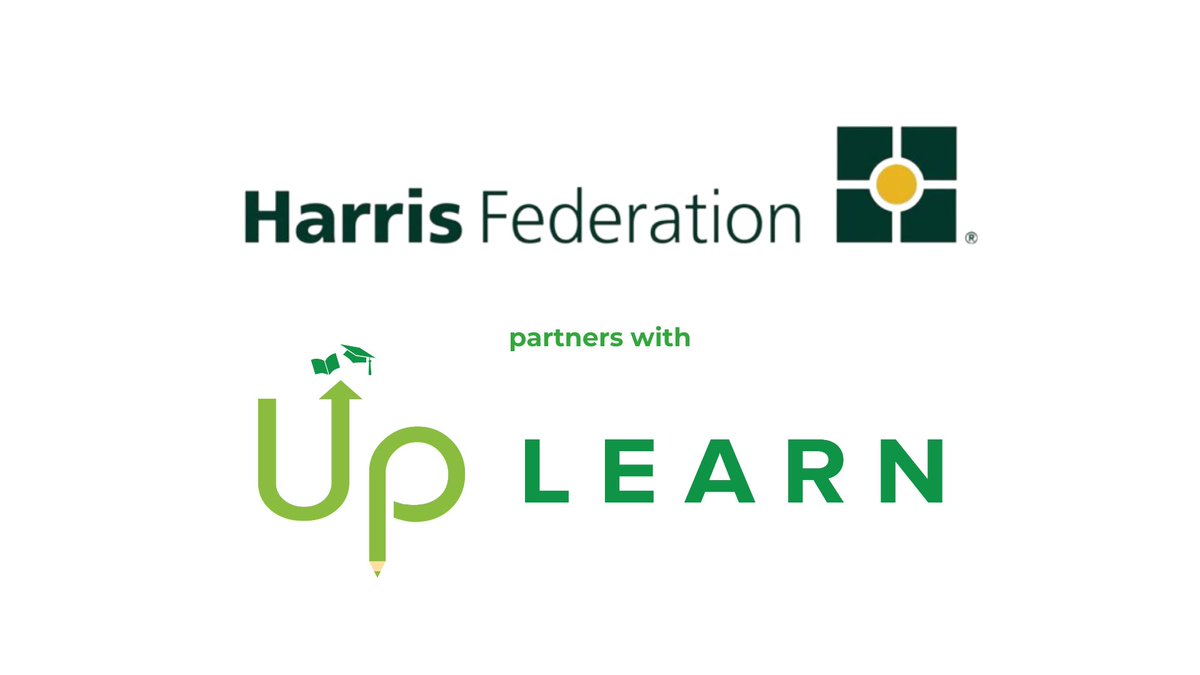Photography - A Level
Photography A Level is dedicated to taking and manipulating light and lens based imagery. Throughout Year 12 and the first part of Year 13, students produce a body of coursework, based around a given or self-directed theme, using a range of photographic techniques and processes. They research and analyse the work of photographers and artists and use their investigations to develop their own ideas, exploring techniques and processes to achieve their outcomes. Students are encouraged to be creative, imaginative, inventive and experimental.
Year 12 Content
September – March.
In Year 12, students begin the course by researching two photographers. They then go on to study a range of photographic techniques, including composition, depth of field and aperture, and consider how these techniques are exploited by the photographers researched, as well as making their own work in response. Students then explore some darkroom techniques, including making photograms and pinhole images.
Students then begin to work more independently to produce work for the title: ‘The Journey’. They learn how to analyse the work of photographers, and create their own work in response, whilst avoiding pastiche. Students edit and manipulate their photos using Photoshop and/or physical editing techniques such as collage or the creation of 3D forms. Students regularly evaluate their work using critical reflection, supporting progression and development. Throughout the course, students are creating photographic outcomes, culminating in their final pieces which they complete by Easter.
After Easter, they begin their Year 13 work (see below)
Year 13 Content
September – February
In Year 13, students begin the course with a self-directed personal study. This should be something that develops their practice and that they have a passion for. Students will produce a body of practical work: photos, experiments and artist responses to their theme. Research and critical evaluation will continue to underpin work and support development.
Coursework projects will contribute to 60% of their final grade.
February – June
Students receive the titles of their exam unit, which are created by WJEC Eduqas. They are expected to develop their own line of enquiry within the theme, and produce a body of work to develop this idea, finishing with a final piece that will be completed in a fifteen hour exam. This project will contribute to the remaining 40% of their course.
Assessment
Students sit examinations in their A Level courses at the end of Year 13. All students will take internal end of year examinations at the end of year 12 to determine suitability to continue with the subject in Year 13. Students who do not meet the required pass grade in the Year 12 end of year examinations will not be permitted to progress into Year 13.
Students are regularly graded and assessed against the WJEC Eduqas grading criteria. They are graded on:
A01: Developing their ideas through contextual research, demonstrating critical and analytical understanding
A02: Exploring and selecting media, techniques and processes, and refining ideas as work develops
A03: Recording intentions, observations and insights through extended writing, annotation, and drawing, and including critical reflection
A04: Presenting personal and meaningful work
Entry Requirements
Students require grade 6 or above at GCSE in Art/ Graphic Design/ Photography/ Fine Art/ Textiles and a grade 5 or above in English Language GCSE. Students may also be asked to attend a portfolio interview.
Career Progression
Advertising Photographer; Fashion Photographer; Photo Journalist; Food Photographer; Portrait Photographer; Underwater Photographer; Wedding Photographer; Stock Photo Seller; Director of Photography; Film Maker; Animator; Documentary Photography and Film Maker.












